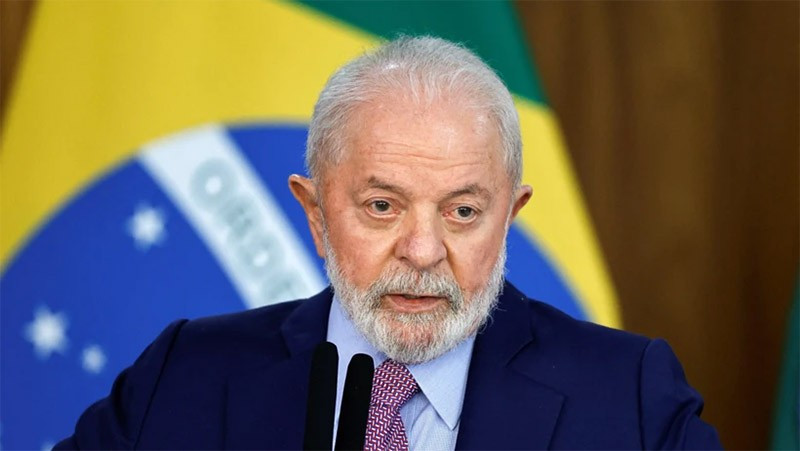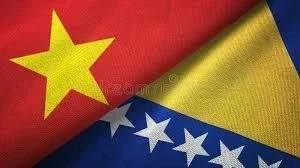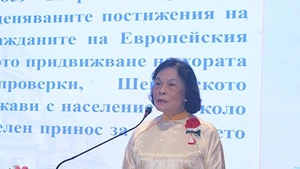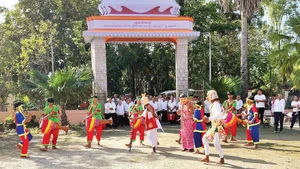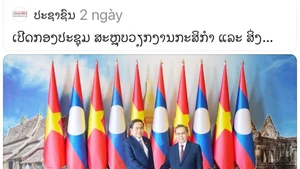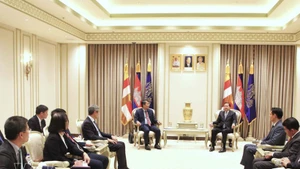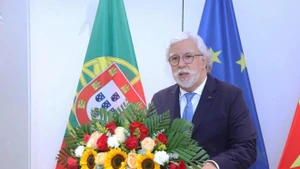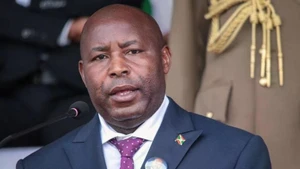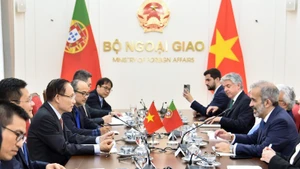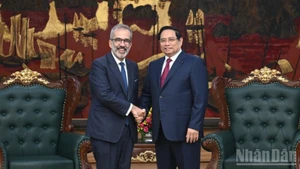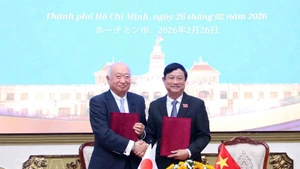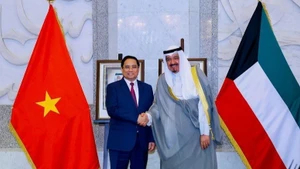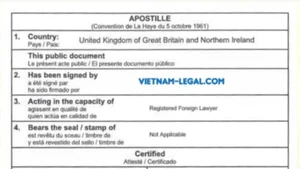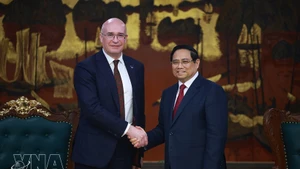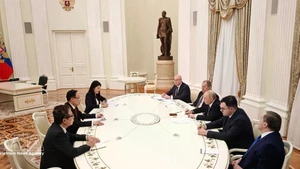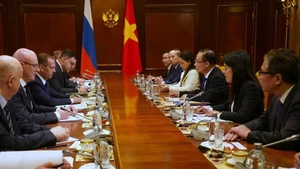The accompanying delegation includes President of the Federal Senate and the National Congress Davi Alcolumbre; President of the Chamber of Deputies Hugo Motta; Minister of Foreign Affairs Mauro Vieira; Minister of Transport Renan Filho; Minister of Ports and Airports Silvio Costa Filho; Minister of Agriculture and Livestock Carlos Faváro; Minister of Education Camilo Santana; Minister of Mines and Energy Alexandre Silveira; Minister of Communications Juscelino Filho; Minister of Science, Technology, and Innovation Luciana Santos; Minister of Environment and Climate Change Marina Silva; Minister of Integration and Regional Development Waldez Góes; Chief Minister of the Institutional Security Office of the Presidency Marcos Antonio Amaro dos Santos; and Brazilian Ambassador to Vietnam Marco Farani.
President Luiz Inácio Lula da Silva was born in Garanhuns City, in the State of Pernambuco, on October 27, 1945. From 1959 to 1965, he worked as a mechanical worker and lathe operator in São Paulo. In 1966, he became involved in the labour movement at Villares Group in São Paulo, a leading company in Brazil’s metallurgical industry. In 1969, he was elected an alternate member of the Executive Board of the Metalworkers’ Union. In 1972, he was elected as first secretary of the union. In 1975, he then became the president of the Metalworkers’ Union, a position he was re-elected to in 1978.
He founded the Workers' Party (PT) in February 1980 by bringing together union members, intellectuals, politicians, and representatives of social movements, including religious and peasant leaders. That same year, he was imprisoned for 31 days along with other union leaders by Brazil’s military government following a strike by metallurgical workers. He served as president of the Workers’ Party from its founding until 1988.
In 1982, Luiz Inácio Lula da Silva ran for governor of São Paulo state but finished fourth in the vote count. In August 1983, he co-founded the labour organisation named “Unified Workers' Central”. In 1986, he was elected as a deputy and participated in the National Constituent Assembly. Between 1989 and 1998, he ran as the Workers’ Party candidate for president in the 1989, 1994, and 1998 elections but was unsuccessful.
In October 2002, he was elected as president of Brazil for his first term (January 2003 – January 2007) as the candidate of a leftist coalition. From October 2006 to December 2010, he was re-elected for a second term (January 2007 – December 2010). In November 2022, he was elected for a third term (January 2023 – January 2027). Since January 1, 2023, he has been serving as the president of the Federative Republic of Brazil.
